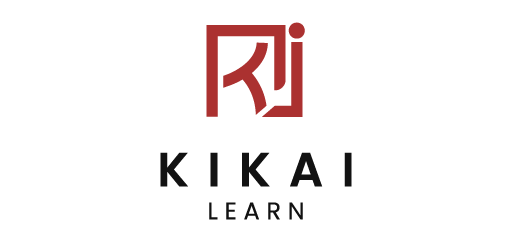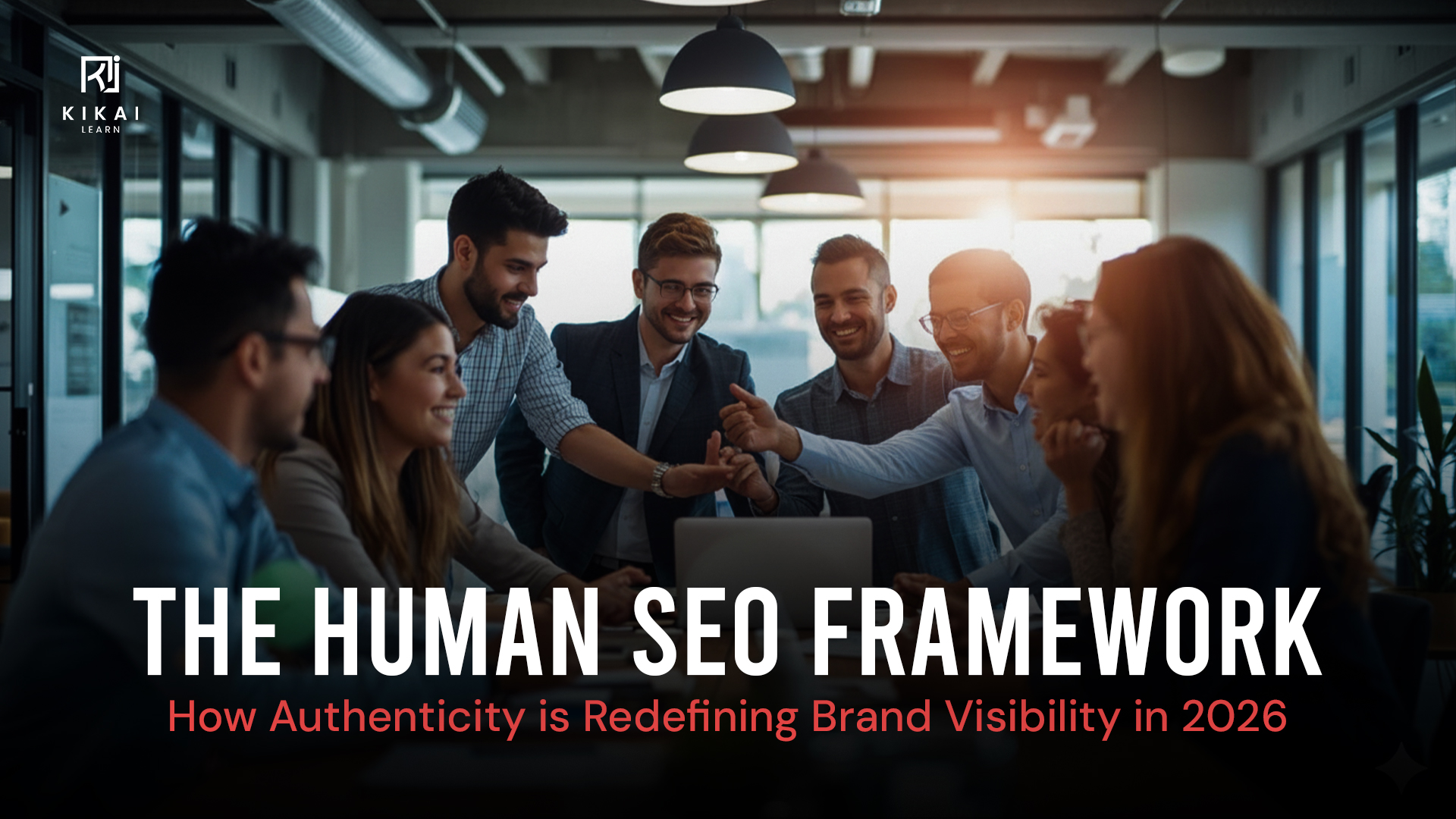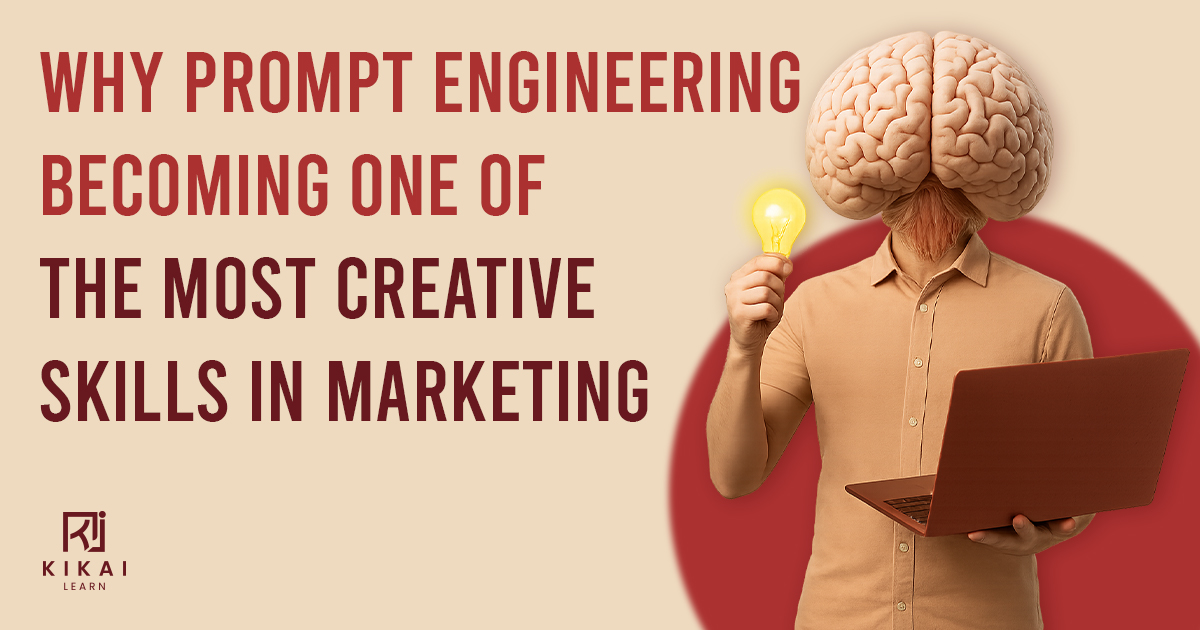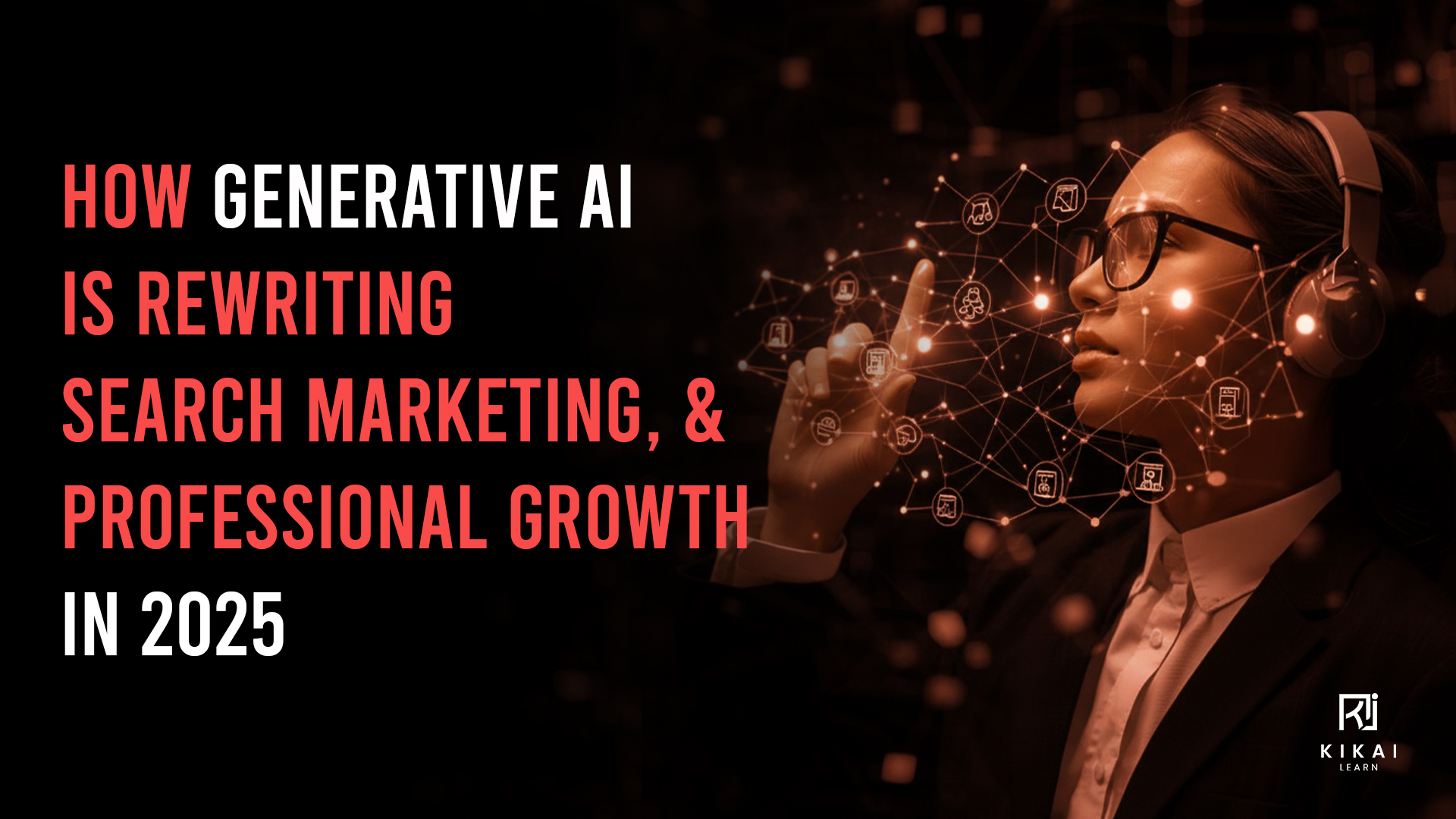The Human SEO Framework: How Authenticity is Redefining Brand Visibility in 2026
AI made SEO faster , but it also made the internet louder.
By 2026, we’ve entered what experts call the Human Era of Search , a time when algorithms and audiences are drowning in machine-generated content, forcing a fundamental question: what makes information worth trusting?
Artificial intelligence revolutionized how we create, publish, and optimize, but it also created a flood of sameness, pages written for ranking, not for resonance. Users stopped clicking on what looked perfect and started searching for what felt real. Google followed suit, reshaping its algorithms to reward experience, empathy, and authenticity over automation.
That’s where the Human SEO Framework comes in a response to the chaos. It’s not about hacking search systems anymore; it’s about designing digital experiences that connect meaningfully with both people and machines. Because in 2026, visibility isn’t earned through tricks, it’s earned through trust.
The Evolution of Search: From Keywords to Conversations
For years, SEO was a game of code and compliance , keywords, backlinks, metadata. Then AI tools like ChatGPT, Gemini, and Perplexity changed how people searched. Now, users don’t type “best running shoes.” They ask, “What running shoes are best for flat feet and long runs?” Search behavior became conversational.
According to Google’s 2025 Search Behavior Study:
- 58% of all queries are conversational.
- 40% of Gen Z users start searches on AI chat platforms instead of Google.
- 72% of users say they trust first-hand content over AI summaries.
This shift demanded a new approach, SEO that understands how humans think, not just what they type.
What Is the Human SEO Framework?
The Human SEO Framework is Kikai Learn’s strategic model that blends human storytelling with AI-enhanced optimization. It’s built on three key pillars:
1. Experience Over Expertise
In 2024, Google’s E-E-A-T system added “Experience,” redefining credibility.
By 2026, first-hand insights influence nearly 37% of ranking weight.
A verified expert sharing personal data, process, or results will outperform an anonymous AI article, every time.
2. Empathy Over Optimization
AI can summarize. But it can’t connect.
A Backlinko (2025) analysis found that content featuring real human tone and first-hand stories had:
- 45% higher dwell time
- 3× more social saves
- 28% lower bounce rates
Human SEO succeeds when it reads like a conversation, not a checklist.
3. Transparency Over Tactics
In 2026, authorship and identity verification became ranking essentials. Google now gives preference to content with clear bylines, citations, and real-world credentials.
According to Search Engine Journal (2026):
“Verified author profiles have a 52% higher chance of appearing in AI Overviews.” Brands that reveal who’s behind their content build a moat of trust, the most valuable SEO currency today.
The Data Behind Human SEO
Metric | AI-Generated Content | Human + AI Hybrid | Verified Human Content |
Avg. Time on Page | 46 sec | 2 min 18 sec | 3 min 02 sec |
Conversion Rate | 0.9% | 2.8% | 4.5% |
Avg. Backlinks per Post | 12 | 34 | 61 |
Engagement Rate (Social) | 0.7% | 1.9% | 3.6% |
(Source: Kikai Learn, Human SEO Framework Report 2026)
AI creates reach. Humans create resonance.
Why SEO in 2026 Rewards Authenticity
The algorithm is no longer blind to emotion. Google’s 2025 Core Update introduced Contextual Understanding Signals, evaluating tone, sentiment, and reader engagement. That means your brand’s voice is as important as your visibility. The more human, helpful, and honest your content feels, the more likely it is to rank and be retained.
“AI can write a sentence. Humans can make it mean something.”
How to Build Your Human SEO Framework
- Audit for Authenticity — Replace AI-sounding content with human experiences, emotions, and results.
- Show the Author Behind the Words — Include credentials, bios, or origin stories.
- Create Conversational Content — Build around questions, not keywords.
- Use AI as a Collaborator — Let it help with speed, not storytelling.
- Track Human Metrics — Measure engagement, saves, and sentiment, not just rankings.
In 2026, your strongest ranking signal is human connection.
Case Study: When SEO Got Human Again
A wellness brand working with Kikai Learn replaced their AI-written listicles with first-person expert stories.
Within six months, their results were remarkable:
- +54% increase in organic engagement
- +47% rise in trust score
- 31% lower bounce rate
Their secret? Sharing real voices and transparent insights. People didn’t just visit their site, they stayed, subscribed, and believed.
The Future of SEO Is Human
SEO in 2026 isn’t a battle between humans and machines. It’s a partnership. AI gives speed. SEO gives substance. Humans give soul. The brands that blend all three will own the future of search.
“The next era of SEO isn’t about gaming algorithms, it’s about guiding them.”
Frequently Asked Questions (FAQs)
1. What makes “Human SEO” different from traditional SEO?
Traditional SEO focuses on optimizing for search engines. Human SEO focuses on optimizing for people, building emotional trust, verified authority, and personal storytelling that algorithms now reward.
2. Does AI-generated content hurt SEO rankings?
Not necessarily. AI-assisted content can perform well when paired with human refinement. The problem arises when content lacks originality or author verification. Hybrid workflows, AI for structure, humans for soul, perform best.
3. How can brands prove authenticity to Google?
By implementing E-E-A-T-V: Experience, Expertise, Authority, Trust, and Verification. Use author bios, source citations, case studies, and transparent publishing practices to validate credibility.
4. What are “human metrics” in SEO?
Human metrics measure engagement quality , time on page, scroll depth, sentiment, dwell rate, and return visits. These signals help Google understand whether your content truly helps users.
5. What’s the biggest SEO opportunity in 2026?
Personalization and credibility. Brands that invest in verified thought leadership, relatable storytelling, and emotionally intelligent content will outperform generic AI blogs in both trust and traffic.




